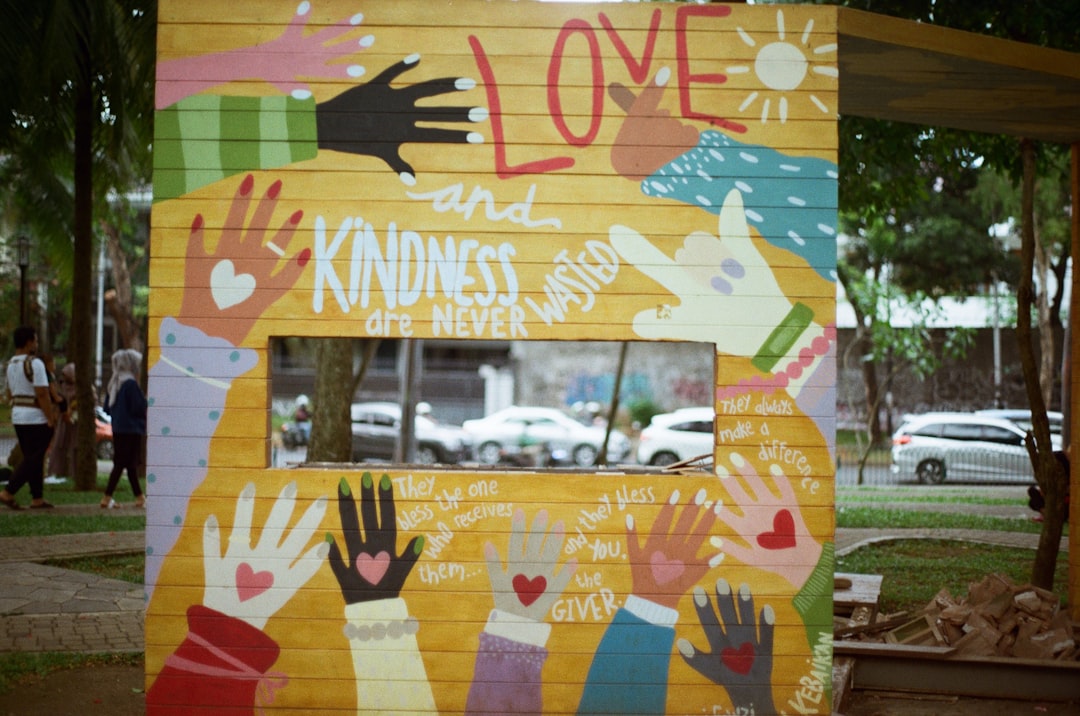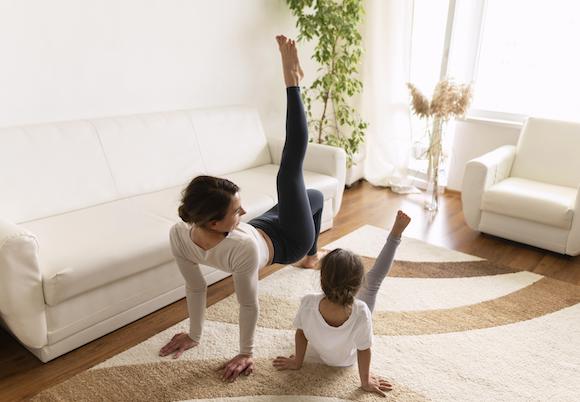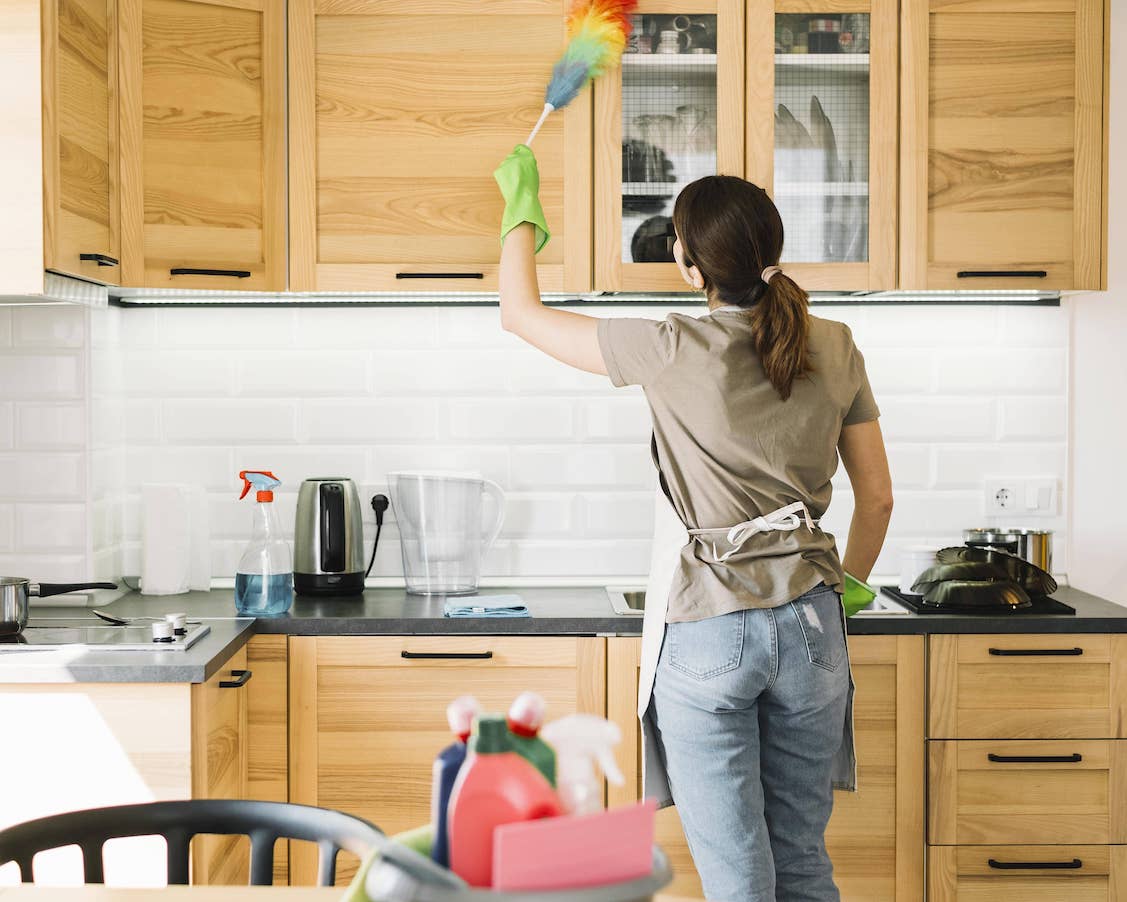If you're tired of the usual "self-care" stuff but still want the benefits, try these things instead.

Photo by Ditto Bowo on Unsplash
Has the mantra “self-care” exhausted you lately?
Honestly, I feel you. I’ve built my career on helping people with their self-care, but this past year-and-a-half of trying to pull through a pandemic with my head on straight can make self-care feel a chore somedays.
I mean, it’s not always easy.
It’s not just bubble baths and moon milk and opting to stay in instead of going out. It can be cracking down on yourself, making a budget, making a schedule, taking care of your health even when it’s not the easiest of tasks. At some point, the same old routines don’t quite do the trick.
To add to it, this advice doesn’t always work for everybody.
Not everybody has the luxury of a space and time to themselves to practice self-care. Perhaps they work two jobs, are on a tight budget, or just don’t have the resources necessary for self-care. Self-care is oversimplified yet sometimes lingers just out of reach.
Other times it is complicated by illusive auto-immune disorders, chronic pain, trauma, or other health issues that you actually need professional help for.
You can’t bubble bath your way out of certain mental or physical health issues, and you truly do need the knowledge and care of others. For these people, self-care looks vastly different than it does on my “How to Self-Care” Pinterest board.
To feel really fulfilled from the inside out, to feel at one with yourself, to feel whole, healthy, and connected, sometimes you need to go outside the box a bit.
The purpose of self-care is to fill up your cup, so to speak. You can’t pour from an empty cup, meaning you can’t give the world, or your family, or your boss, colleagues, and work your best self if you aren’t filled up on the personal end of things. How to do self-care sometimes becomes cliche advice: get a massage, eat well, go to bed early, all the things that, at this point, if you’re reading this post, you probably already know how to do. (All great advice, though, of course).
If routine self-care is becoming a bit too routine, but you want to do something for yourself and your own well-being, try these tips instead.
Help others.
If you are fortunate enough to be able to have a full cup on your own, try putting your energy in filling other’s cups, too.
Community care as self-care is growing as a mantra.
Humans are social beings, and in a societal mindset of “pull yourself up by your own bootstraps,” we often forget that we need each other to survive. We always have. Back in our ancestral tribal days, banishment from the tribe meant sure death, so we had to belong.
These days, even the most self-sufficient of people still rely on others to varying degrees. We need each other to make an income, to grow food, to raise livestock, to build our homes, to build our cars or transportation device of choice, and on top of that, we need community and social connections.
Volunteer.
Volunteering with a charitable organization can cultivate a sense of goodwill and compassion. Studies have long shown that volunteering helps people feel more socially connected and therefore become less susceptible to loneliness and depression.
More recent studies are showing that those who volunteer (ideally 200 hours per year, according to Carnegie Mellon), have lower blood pressure and a longer average lifespan.
Volunteering may also reduce stress, and help people stay physically and mentally active. Volunteers over 60 have reported better-perceived health and wellbeing, and the act also keeps them physically active and engaged with a purpose.
Spend money on others.
Volunteering takes time, I know.
You can also reap well-being self-care benefits by spending money on others or donating to charitable organizations if you don’t have the time to put into actual physical volunteer work.
This study showed that those who spent money on others over spending money on themselves reported greater levels of happiness.
There’s also physiological evidence that giving money to charities activates the same part of the brain that is associated with monetary awards and sex.
When I was growing up, my mom always took me to do Christmas shopping for a local Adopt a Family charity. We’d pick a family list off of a Christmas tree in the mall, which would have the Christmas lists of the parents and kids, then go shopping to fulfill that list. My mom typically got everything on the list and included gift cards to local grocery stores (she’s kind of a saint in a non-religious way). As a kid, I always got to partake in this, and found it fun to pick out toys that would go to other kids in need, and cultivated a little inner sense of gratitude for my own house full of toys.
Help others through difficult times.
We all face hardships. It’s even estimated that 70% of the population has experienced some kind of trauma at some point in life. The ebbs and flows of life are as natural as the rivers and creeks that flow around us, and the darkness is often where we find the light.
Helping others with emotional regulation may help us regulate our own emotions better.
This study provided a three-week online training where people could talk about stressful events, give and receive support to one another, and learn emotional regulation. The study found that at the end, those that had engaged more with the program by helping others showed a greater decrease in their own depression symptoms. Because depression is characterized by heightened self-focused attention, helping others more was indicative of decreased depression symptoms in themselves.
Still take care of yourself.
Self-care is not selfish.
To take care of others, you must take care of yourself, first. If you want to help someone move during the day, you’ve got to be rested at night so your body can handle the work. If you want to be there for a friend going through an emotional breakdown, you’ve got to be mentally present with them at that moment.
You can’t help nor heal everybody around you, but you can start with yourself. As I said before, the old saying goes “you can’t pour from an empty cup.”
Self-care is absolutely necessary, even if going to bed early is boring sometimes. It does take time, energy, planning, and care, but it is possible.
If you are tired of the usual self-care routines, try reaching out and taking care of others. Volunteer, be there for somebody in need, donate to a charity. All these are scientifically proven to improve your own well-being, and sometimes even your own physical health.












If you enjoyed this article or recipe, please consider giving it a comment! It helps others discover my blog and recipes, and your comments always make my day :) Thank you for your support!
Your email address will not be published. Required fields are marked *